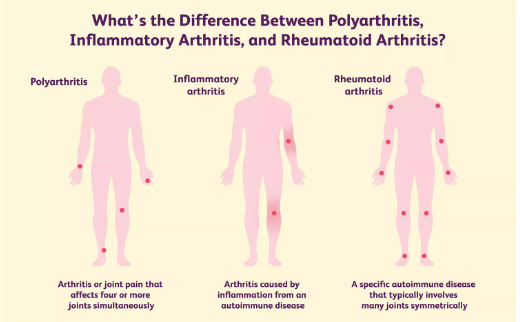by American College of Allergy, Asthma, and Immunology
Credit: CC0 Public Domain
A new position paper from the American College of Allergy, Asthma & Immunology (ACAAI) addresses the safety of administering live vaccines to patients who are currently being treated with dupilumab, a biologic therapy for various allergic conditions.
The paper, "The Use of Vaccines in Patients Receiving Dupilumab: A Systematic Review and Expert Delphi Consensus Recommendation: A Position Paper of the American College of Allergy, Asthma & Immunology," is published online in Annals of Allergy, Asthma & Immunology. The panel conducting the systematic review of available data concluded it is not necessary to stop treatment with dupilumab to give live vaccines; however, the decision should be shared between the physician and the patient/parent regarding the risk and benefits of the options.
The goal of the review was to determine the best approach so that patients who are finding success and relief with the biologic treatment can also have the full protection of all vaccines recommended by public health agencies and medical specialty organizations. Dupilumab is used to treat a range of allergic conditions in children including asthma, atopic dermatitis, chronic rhinosinusitis and eosinophilic esophagitis.
The systematic review was performed, and relevant clinical questions were answered, utilizing a Delphi panel of top allergy and immunology experts who reviewed the results of the review. The question of co-administration of live vaccines and dupilumab took on increased interest once the biologic was approved for use in children down to 6 months of age. Adults are less likely to need live vaccines. Live vaccines currently on the U.S. recommended immunization schedule include: measles, mumps, rubella (MMR); varicella; rotavirus; and the nasal spray version of influenza vaccine.
Since it was approved for use in adults in 2017 and children in 2020, the manufacturer of dupilumab has recommended that live vaccines should not be given concurrently with the biologic. This is because of the possibility that the immunomodulatory effect of dupilumab could blunt or lessen the effectiveness of the live vaccine or increase the chance of infection with the live virus contained in the vaccine. However, the Delphi panel concluded that the available data, while limited, do not support that concern. It should be noted that a large, well-designed research study would be needed to demonstrate safety more definitively.
The recommendation of the panel is that doctors and patients/parents should engage in shared decision-making to determine when and if live vaccines should be given to an individual who is being treated with dupilumab, or whether treatment should be paused. A board-certified allergist/immunologist has special training to manage the treatment of adults and children with asthma or allergies who may benefit from this medication.
The College thanks lead author Jay Lieberman, MD, FACAAI, and the other authors and panelists who contributed to developing this paper.
More information: Jay A Lieberman et al, Use of Vaccines in Patients Receiving Dupilumab, A Systematic Review and Expert Delphi Consensus Recommendation: A position paper of the American College of Allergy, Asthma and Immunology, Annals of Allergy, Asthma & Immunology (2024). DOI: 10.1016/j.anai.2024.05.014
Journal information: Annals of Allergy, Asthma and Immunology
Provided by American College of Allergy, Asthma, and Immunology







Post comments